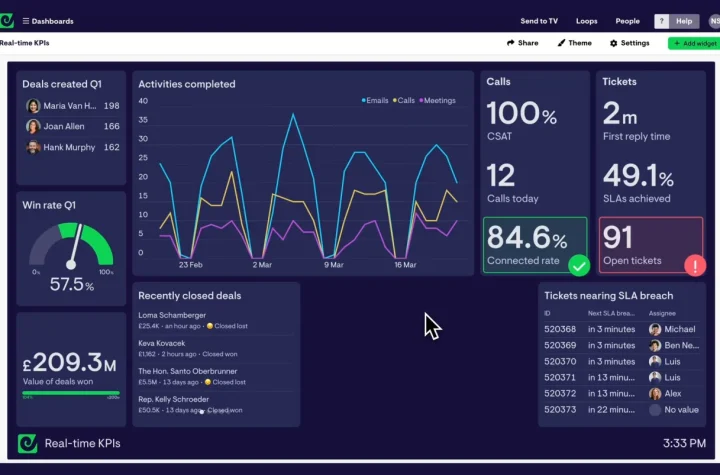
While the field of financial planning and analysis has evolved from Excel and manual processes, the skills required are the same. It requires an excellent command of financial data, effective communication, and the ability to translate insight into action. In today’s world, these skills are more critical than ever. Here’s a look at some of the most important aspects of financial planning and analysis. Listed below are a few tips for success. To get started, download the free ebook today!
The Financial Planning & Analysis function advises the university on financial matters and helps develop strategic plans, as well as annual operating budgets. It collaborates with the deans and provost to develop comprehensive financial models and share visual dashboards. The team also helps uncover opportunities and implement strategies by analyzing data and conducting predictive analytics. For example, Causal has an easy-to-use interface that allows users to build financial models and visualize them using intuitive visual dashboards.
The financial planning and analysis function is vital to the success of any organization. By analyzing the financial data, executives can develop an effective strategy. Financial planning and analysis managers perform the annual budgeting process and prepare a detailed forecast. They also study market conditions, analyze trends, and allocate resources and costs appropriately. They also track metrics and key performance indicators and continuously refine financial models. The end goal of financial planning and analysis is to help businesses achieve their goals.
The Financial Planning & Analysis team accounts for key financial metrics and trends, including cash balance on hand, monthly cash burn, and various ratios. They also analyze historical data to determine whether changes in the business environment are necessary to increase or decrease profits. These professionals are often called upon to provide strategic advice to management and help them make sound decisions. They also help them identify opportunities for cost reduction and increase savings and investments. When it comes to calculating the profitability of a business, financial planning and analysis is essential.
In addition to creating budgets, financial analysts perform analysis on the company’s assets and investments, including the cost efficiency of every department. They collaborate with business unit leaders and senior management to develop financial models that forecast long-term growth. They also analyze the performance of departments and products and make recommendations to upper management. Financial analysts have responsibilities related to financial modeling, accounting, and preparing financial statements, and they also define processes for quarterly, annual, and monthly budgeting.
As a result, FP&A experts need strong communication skills and strong analytical capabilities. They must be able to translate complex financial data into understandable insights for business stakeholders. They should be able to identify the most crucial issues facing the business, and tailor their reporting to promote collaboration. Whether you’re hiring an employee from within your company or seeking an external resource, be sure to look for these credentials. You’ll be glad you did!





More Stories
DeFi and Web3 Personal Finance for Cautious Beginners
Managing Finances for Blended Families and Modern Non-Traditional Households
Wealth Building Strategies for Solopreneurs and Freelance Professionals